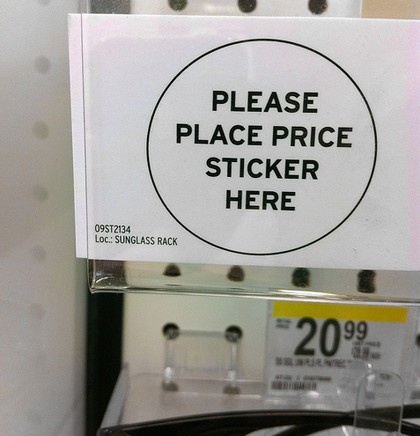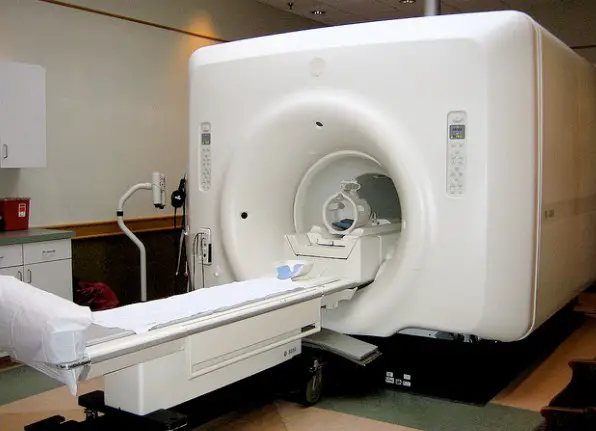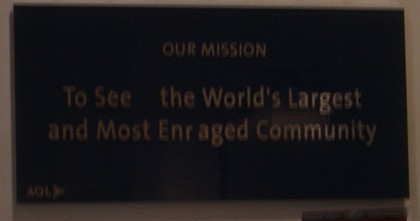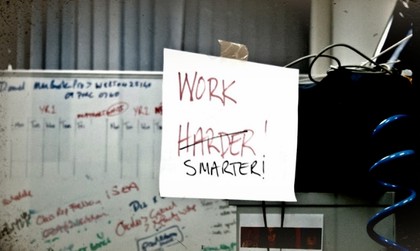Jonathan Dodd‘s latest column. Guest opinion articles do not necessarily reflect the views of the publication. Ed
I don’t watch a lot of television, but the other day I was sucked in to one of those programmes about the NHS that the BBC do so well. It featured a portmanteau of stories from all over the country, all recorded on one day, and it was fascinating.
I keep thinking about one particular scene, which struck me as being quite surreal. I think it was a heart surgery unit, but I might be wrong about that. I always remember the idea, but the details can get a little fuzzy.
A supermarket machine like they have in corner shops
There were two heart surgeons. They were going through the supply cupboard and talking about how on earth they were going to manage a 20% reduction in their costs over the next couple of years. Here was a stark reminder of the reality of the economic problems right in your face.

They had completely contrasting attitudes. She was busy calculating the cost of every item on their shelves, all of them in surprisingly plain white boxes, and she was using a supermarket machine like they have in corner shops, putting a sticker on each box that made the cost of using the contents quite clear. Her reasoning, which was entirely worthy, was that knowing the price would encourage team members to be more careful with the supplies and therefore waste less.
Large and expensive pieces of equipment
The other surgeon had an entirely different approach. He believed that his job was to save lives, and if that meant using large and expensive pieces of equipment and lots of resources, it was always worth it. He could be seen impatiently looking at the boxes and the stickers and he could be heard muttering that he’s a surgeon, not an accountant.

I thought about it, and about how they are both right, and I wasn’t sure how on earth such a circle can ever be squared. I thought and about how difficult decision-making can be when the organisations and budgets are so huge and the results so critical, if not in the big picture, then in the extraordinary effect that such treatment can make in the life of every patient that passes through that unit and every other unit in the NHS, every day. I found myself thinking about the other large organisations I have worked for (and do currently). That scene in that heart unit summed up the whole problem for me.
Then he read the sticker
The male surgeon stopped for a moment with a white box in his hand. “What’s this?” he asked, reading the label. “A valve?” Then he read the sticker. “£600!” He threw it back in disgust. “That’s where we should be saving the money. It probably cost £20 to manufacture and some company is raking in vast profits.”

I don’t know whether he had his facts straight or not, but it did make me think. In a small company everyone knows everyone else, so everyone works with and for everyone else. A decision one person makes is known to all, and loyalties and enmities become very real and very personal.
A collection of ever-smaller pyramid-shaped empires
In a large company or corporation this simply can’t be possible. So the different functions become separated to the point where they become entities in their own right, and there’s very little knowledge or understanding of what others are doing or how well or badly they’re managing things.

Departments tend to be given budgets, and there’s a lot of infighting and competition between them. Instead of one organisation it becomes a collection of ever-smaller pyramid-shaped empires. As a result the idea of buying valves for hearts at a competitive price might not be the highest consideration, and there might not be the time or incentive to haggle.
Inspired management
The only way I know to stop this happening to the point where it’s irretrievable is what I fondly call ‘inspired management’. I’ve hardly ever seen such a thing, but it must exist somewhere. It’s the idea that the leader or leaders of a vast organisation are actually very clear about what it is they’re trying to do, and manage to communicate that to every worker in every department, so that everyone knows the significance of what they’re doing, and how they can do their jobs in a way that can help the whole enterprise to work as well as possible.

Everywhere in the country management is following ideas given to them by consultants, they’re ‘improving their image’ and ‘learning to speak more effectively’, and writing ‘mission statements’. But unless these come from the beliefs and desires of the management they always end up falling flat. You don’t have to have liked Steve Jobs to understand how passionate he was about Apple, and how successful it became under his leadership. Not surprisingly, Apple seems to have lost its way somewhat since he died.
More motivation to do a better job
I think this was a quality somewhat missing from the previous administration here on the Wight. I have hopes that the new incumbents have more motivation to do a better job, and that this might percolate downwards so that the Council as a whole starts to work better and smarter.

It’s a tough job. I give them my wholehearted support and wish them well, because if they succeed then we will all benefit.
If you have been, thank you for reading this.
Image: JD Hancock under CC BY 2.0
Image: Jason Tester under CC BY 2.0
Image: Liz West under CC BY 2.0
Image: Aaron Weber under CC BY 2.0
Image: GlobalJuggler under CC BY 2.0
Image: Eliot Philips under CC BY 2.0
Image: Judit Klein under CC BY 2.0



